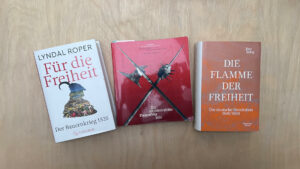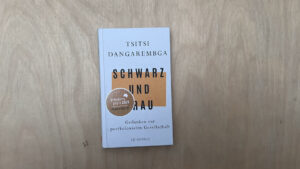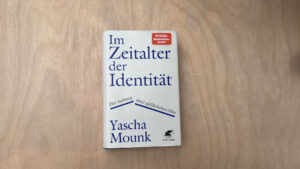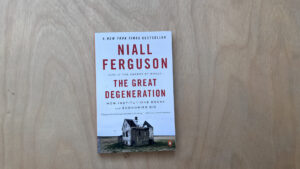
Charles Ess’ “Digital Media Ethics” is unique and amazing in several ways:
- It’s a genuinely philosophical book investigating ethical traditions in the light of potential new challenges brought up by digital media
- It’s areal textbook with exercises, practical questions and homework
- It does not use theoretical dilemmas to illustrate philosophical questions, but the Facebook- or Gmail-Terms and Conditions
- It finally (for me) clarifies, where the term ubuntu comes from…
Ess investigates potential new ethical challenges that arise in the context of digital media. This does not mean it’s about copyright only.
A major question is wether digital(online) media empower (free speech) or enslave people (spread structures from western civilization all over the world), whether online communication makes us less sensitive and responsible (because it’s only disembodied words) or more powerful and thus requires more responsibility (because our communication has much more reach and impact).
These questions can not be asked nor answered per se – they always depend from the ethical or even more basic metaphysical frameworks we presuppose. This is where online media prove that they really need to be treated in a different way then classical media or other forms of human relationships: They are not only a means of distribution or documentation with new features and possibilities, they also offer – through their genuine features – much more and different contents than any other type of media. We know much more (content) and in the same time much less (context), we can compare opinions and change perspectives – but we have to be very careful with that.
We seemingly know a lot, but only on the surface. On the ther hand: We never know more than just the surface – the rest is our imagination. Knowing and respecting this is one of the most important ethical guidelines that derive from the inspection of digital media – and that can not only be illustrated, but also trained through the used of digital online media.
This is an aspect we also cover in our upcoming book “Wie die Tiere” (currently available in German only and out in December): What are the borders of meaning and communication, and why do we understand each other anyhow?






